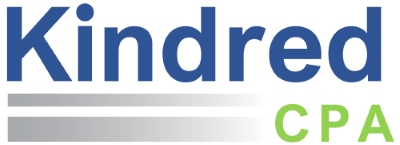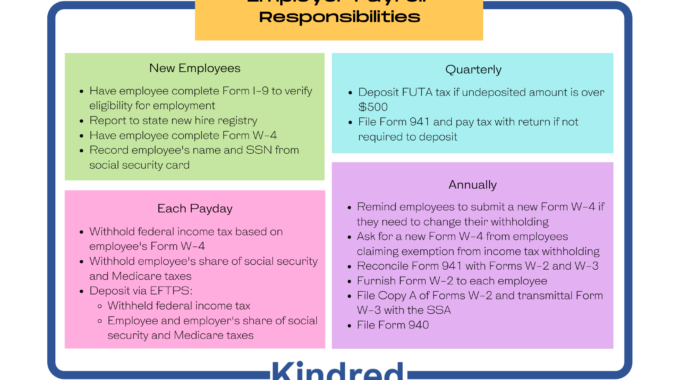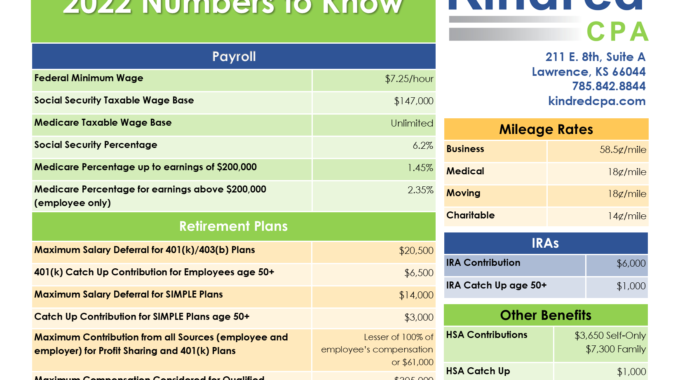IRS Publication 15, Employer's Tax Guide (also known as Circular E), provides a wealth of knowledge for employers. It includes instructions on how to withhold…
 These days, it seems like everyone has an online presence.
These days, it seems like everyone has an online presence.
Whether it’s Facebook, Twitter, Instagram, YouTube, TikTok, or just plain old websites, everybody has a story to tell and a product to sell. Financial “experts” are everywhere!
But name recognition does not necessarily result in accurate information.
In the midst of all those voices – especially charismatic and popular voices – how do you know what’s actually true? Here are some considerations:
What’s the source of the information?
If a tax article links back to the IRS website, that’s a good clue to its validity. Beyond that, proceed cautiously. There are plenty of legitimate-looking websites that are primarily sales portals to lure in new clients. They may have perfectly good information . . . and they may not. And if an article is filled with fancy language and official-looking Internal Revenue Code sections but without substantiation, don’t be misled. Dig deeper to be sure you understand what’s involved.
If the person who’s touting a financial strategy has actual credentials, that’s another good clue. Certified Public Accountants (CPAs) and Certified Financial Planners (CFPs) are required to comply with ethical standards and ongoing continuing education requirements in order to maintain their license. To verify that an individual actually has a valid license to practice, visit the state board of accountancy website (for Kansas, click here) or the CFP Board (click here) to search for their name. Obviously not every financial expert has alphabets behind their name . . . but if they do, it provides an extra level of assurance.
Is the promoted strategy ethical?
If a tax-savings strategy requires misrepresenting, hiding, “accidentally omitting” or otherwise lying about your income or financial information, stop immediately and run the other way! Prison time for tax fraud is not worth saving some dollars.
Does the strategy involve a sense of urgency?
Fear of missing out (otherwise known as FOMO) is a strong motivational tool that criminals use to lure in unsuspecting victims. If the communication acts like everyone else is taking advantage of this strategy – and if you don’t, you’re missing out – slow down. Just like spam emails, when someone wants you to act NOW to avoid some adverse consequence, don’t let a false sense of urgency influence your thought process.
Does that mean all tax strategies I see online or hear about are fraudulent?
Not at all! There are legitimate financial strategies out there that are worth looking into. Just be wise and check it out before signing on the dotted line or committing any money. Your Kindred tax professional will be happy to visit with you to help you navigate through new ideas so you can make an informed decision.



